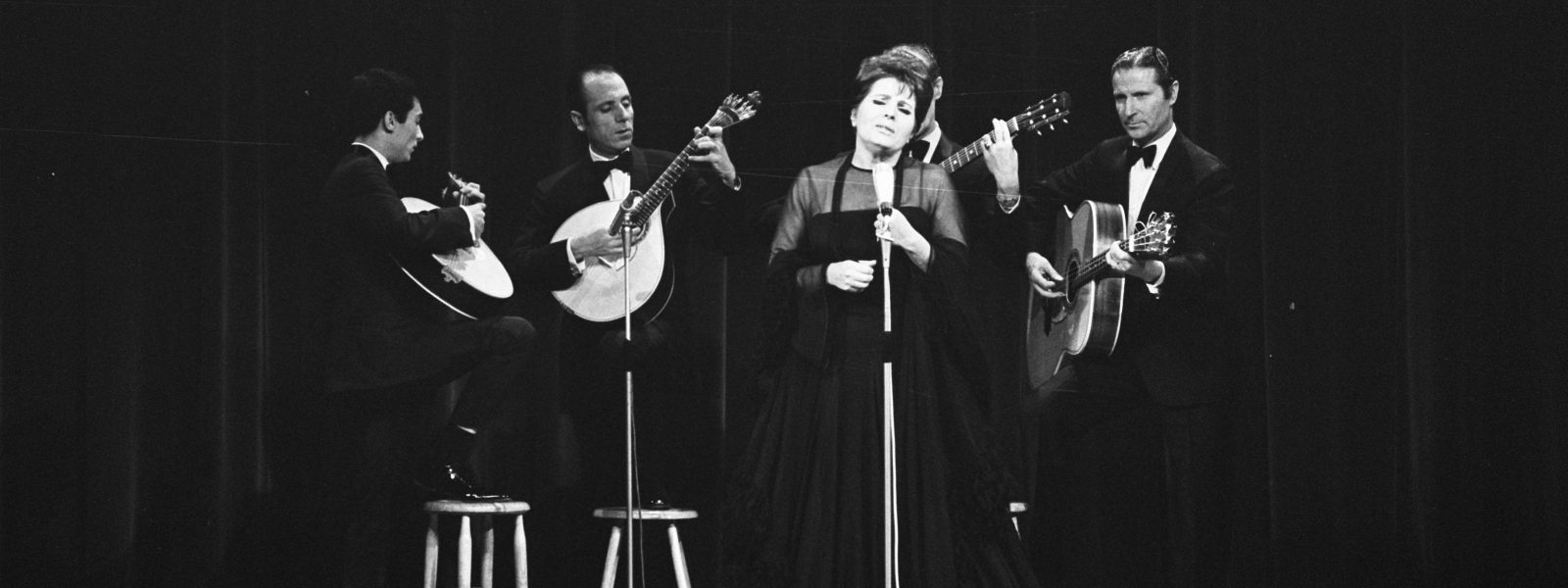Fado and the Musical Scene in Portugal: A Journey Through Sound and Time
Portugal, a country rich in history and culture, has a diverse and vibrant musical scene that reflects its multifaceted heritage. From the mournful strains of traditional Fado to the dynamic beats of contemporary rap, hip-hop, pop, and rock, Portuguese music offers a wide array of sounds and styles. This article delves into the heart of Portugal’s musical diversity, exploring its evolution from historical roots to the present day, and highlighting some of its most renowned artists.
The Soulful Strains of Fado
Fado, often described as the soul of Portuguese music, is a genre characterized by its melancholic and expressive nature. Emerging in the early 19th century in Lisbon’s bohemian neighborhoods, Fado’s origins are shrouded in mystery, though it is widely believed to be influenced by a blend of African, Brazilian, and Moorish musical traditions.
The core of Fado lies in its lyrics, which often explore themes of longing, fate, and the sea. Traditionally performed by a solo singer (fadista) accompanied by the Portuguese guitar (guitarra portuguesa) and the classical guitar (viola), Fado’s emotive power captivates listeners with its haunting melodies.
Amália Rodrigues, often referred to as the “Queen of Fado,” played a pivotal role in popularizing the genre internationally. Her profound voice and emotive performances set the standard for future generations. In contemporary times, artists like Mariza, Ana Moura, and Carminho have continued to innovate within the genre, blending traditional Fado with modern influences and bringing it to new audiences worldwide.
The Rhythms of Change: Pop, Rock, and Hip-Hop
In the latter half of the 20th century, Portugal experienced a musical revolution with the rise of pop and rock. The 1974 Carnation Revolution, which ended decades of dictatorship, ushered in a new era of artistic freedom and experimentation.
Artists like Rui Veloso, often dubbed the “father of Portuguese rock,” emerged in the 1980s with hits like “Chico Fininho.” His music, blending rock with traditional Portuguese elements, set the stage for future pop and rock artists.
The rock scene in Portugal has also seen significant growth. Bands like Xutos & Pontapés, with their punk-rock influences, have become icons. Formed in 1978, they remain one of Portugal’s most beloved rock bands. Contemporary acts like Linda Martini and Capitão Fausto continue to push the boundaries of rock, infusing it with indie and alternative elements.
The 1990s and early 2000s saw the emergence of hip-hop and rap as powerful voices of youth culture and social commentary in Portugal. The genre provided a platform for addressing issues such as poverty, inequality, and identity. Da Weasel or Mind Da Gap were pioneers of Portuguese hip-hop, blending thoughtful lyrics with innovative beats. Their influence paved the way for future artists.
Valete is one of the most respected names in Portuguese rap, known for his politically charged lyrics and sophisticated wordplay. Other notable artists include Sam the Kid, whose intricate productions and introspective lyrics have garnered critical acclaim, and Bispo, who blends rap with contemporary urban sounds to reach a broad audience.
The current scene is also shaped by emerging talents like Richie Campbell, who has successfully blended reggae, hip-hop, and R&B, gaining a significant following with hits like “Do You No Wrong.” Van Zee is another rising star known for his versatile style that merges rap with electronic and pop influences.
The Blend of Traditional and Modern: New Directions
Traditional Sounds
Portugal’s rich folk traditions continue to thrive alongside modern genres. Folk music, with its regional variations, remains a vibrant part of the country’s cultural fabric. Instruments like the accordion, bagpipes (gaita), and various percussion instruments are integral to this tradition. Groups like Gaiteiros de Lisboa and artists such as the classic Rodrigo Leão incorporate these traditional sounds into their music, creating a bridge between the past and present.
The indie and experimental music scenes in Portugal are burgeoning, with artists pushing the boundaries of genre and sound. Bands like Dead Combo blend Fado with rock and jazz, creating a unique sonic experience. In the electronic music sphere, artists like DJ Marfox are pioneering the “Príncipe” sound, a blend of African rhythms and electronic beats that is gaining international recognition.
Portugal’s musical landscape is a testament to its rich cultural heritage and its openness to innovation and change. From the timeless melancholy of Fado to the dynamic beats of contemporary rap and hip-hop, the country offers a diverse array of sounds that continue to evolve and captivate audiences both locally and globally. As traditional and modern influences intertwine, Portugal’s music scene stands as a vibrant tapestry of history, culture, and creativity.

For tailor-made tours or other programs, please get in touch with us through the telephone below or by filling out the form.

